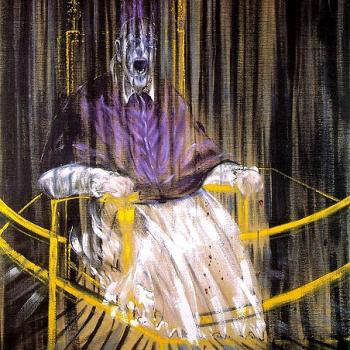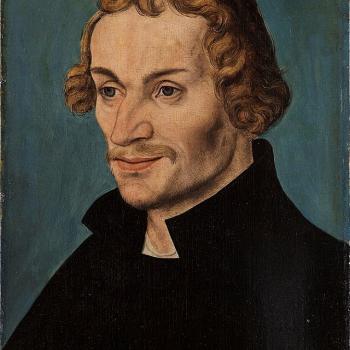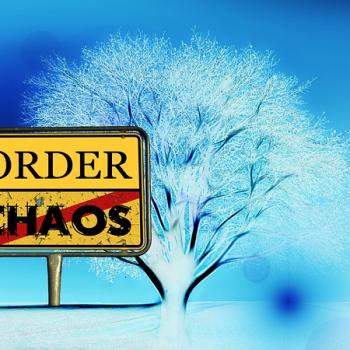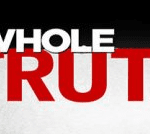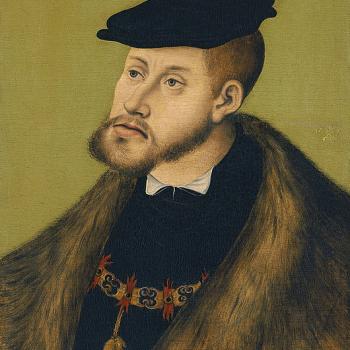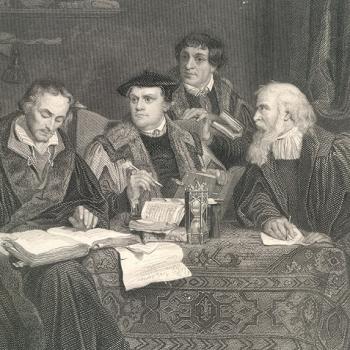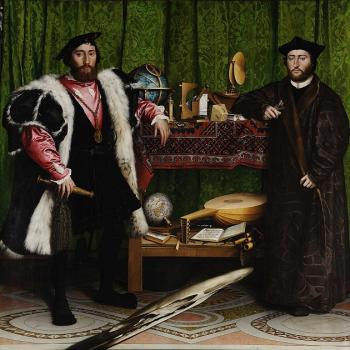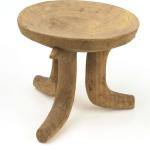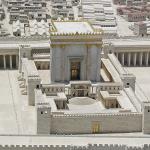I’ve been studying and critiquing radical Catholic reactionaries (my own coined term in 2013) for over twenty years, have written not just one, but two books on the topic, and have a very large web page devoted to it. I know who these people are, and how they think. It’s part of my job as a professional Catholic apologist. I was immediately curious as to how much influence this strain of thought had on the recent Filial Correction of Pope Francis... Read more


